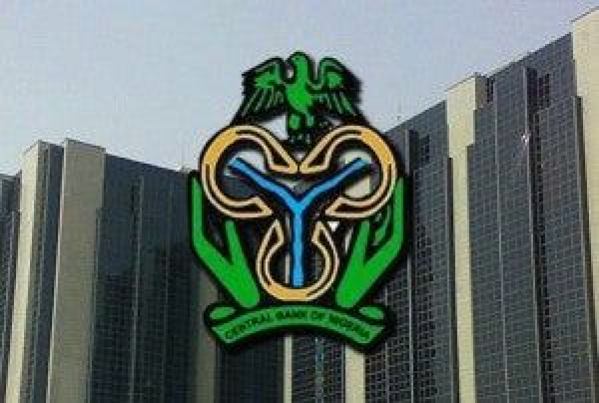The Central Bank of Nigeria (CBN) says the Arabic inscriptions on the Naira notes does not violate Nigeria’s Constitution.
The apex financial body made this known on Monday in response to a suit filed by a Lagos-based lawyer, Chief Malcolm Omirhobo, at the Federal High Court, Lagos, seeking the removal of the Arabic inscriptions on Naira notes as it portrays the country as an Islamic state.
In the suit, Omirhobo, had argued that he does not know what the inscriptions mean and is therefore, praying the court to order the CBN to replace them with either the English language, which is the official language in Nigeria, or any of Nigeria’s three main indigenous languages, Hausa, Yoruba or Igbo.
The lawyer added that with the “Arabic inscriptions on the Naira note, the CBN has been violating sections 10 and 55 of the Nigerian Constitution, which make the country a secular state.”
He, therefore, asked the court to restrain the CBN from “further approving, printing and issuing Naira notes with Arabic inscriptions, bearing in mind that Nigeria is a secular state.”
But in a counter-affidavit in opposition to the suit deposed to by the apex bank through its lawyer, Abiola Lawal, the CBN maintained that contrary to Omirhobo’s claim “the Ajami inscriptions on some of the country’s currencies do not connote any religious statements or Arabian alignment,” adding that the inscriptions were not a “threat to Nigeria’s secular status.”
“The inscriptions on the country’s currencies do not, and at no time, threatened the secular statehood of the nation, nor have they violated the Constitution of Nigeria, as every design and inscription was finalised with the approval of the relevant government bodies,” the CBN said.
The apex bank stressed that the inscriptions on the Naira notes dated back to the colonial-era “and they do not imply that Arabic is an official language in Nigeria.”
“The Naira notes have retained the inscriptions with the Ajami inscriptions since 1973 when the name of the Nigerian currency was changed to Naira from Pounds.
“The Ajami was inscribed on the country’s currency by the colonialists to aid those without Western education in certain parts of the country, who, back then, constituted a larger part of the populace.
“The Ajami is not a symbol or mark of Islam but an inscription to aid the populace uneducated in Western education in ease of trade,” it added.
Join Television Nigerian Whatsapp Now
Join Television Nigerian Facebook Now
Join Television Nigerian Twitter Now
Join Television Nigerian YouTUbe Now





